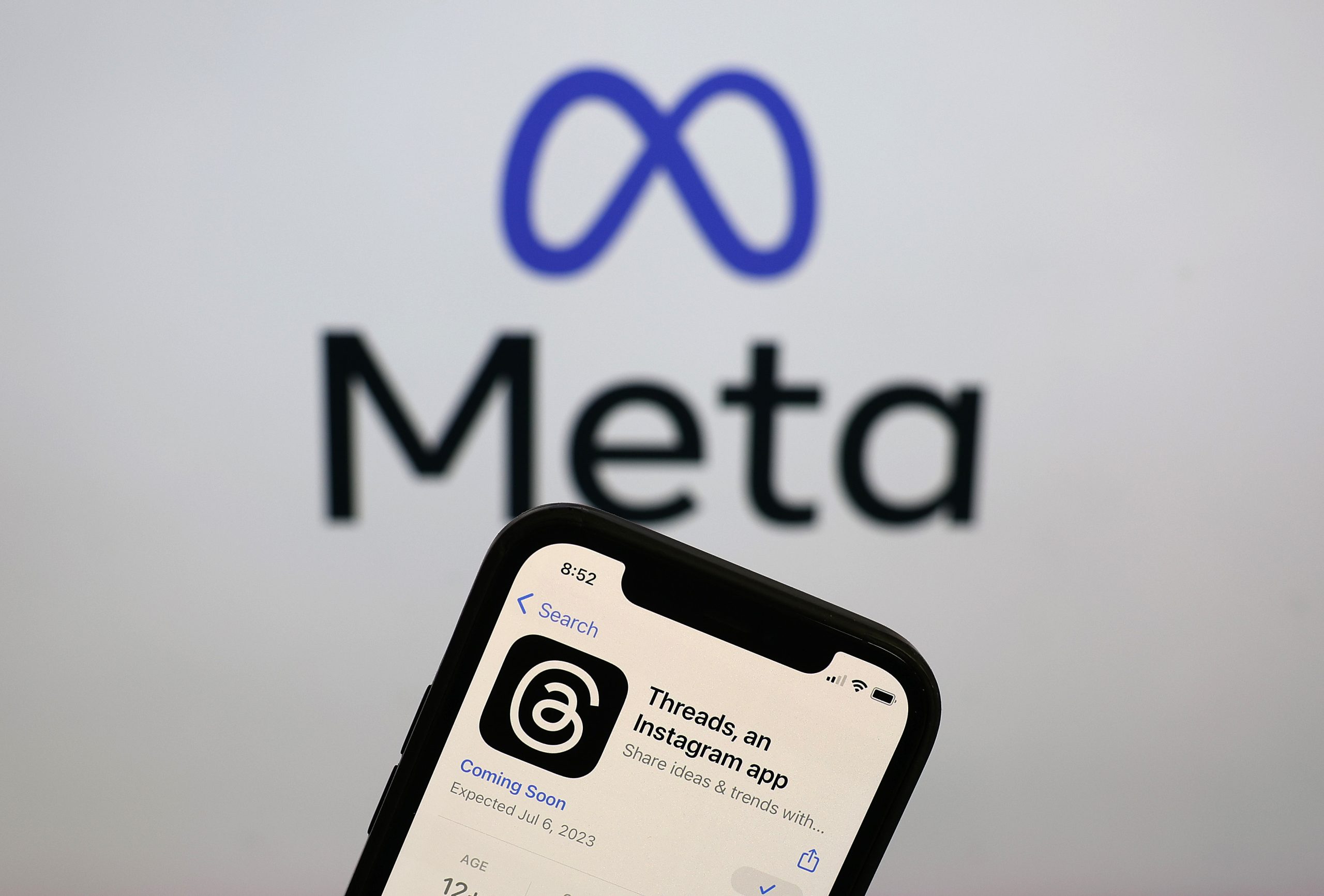Meta’s Threads app has been facing an increasing issue of “engagement bait” in users’ “For You” feed, prompting Instagram chief Adam Mosseri to acknowledge the problem. Mosseri admitted that there has been a rise in these types of posts and that the company is working to address it. However, he did not specify the exact measures that Meta is taking to tackle this issue, though he mentioned that more information would be revealed in the future.
This marks the first public acknowledgment by Mosseri of a growing problem on Threads, where engagement bait posts—designed to attract many replies and reactions—often go viral. The app’s default “For You” feed relies on an algorithm that tends to amplify these posts, even though many users express frustration over encountering this content. This has led to a rising debate about the quality of posts that gain prominence on the platform.

Addressing engagement bait is complicated due to its varying forms. These range from spammy, copypasta-style posts to open-ended, AskReddit-like questions that encourage discussion. There are also rage-bait posts, which touch on polarizing or controversial topics designed to spark outrage and heated responses. The different types of engagement bait make it challenging to find a one-size-fits-all solution.
Rage-bait posts, in particular, have drawn significant attention, with users often encountering discussions on divisive issues like whether young children should be allowed on airplanes. Business Insider’s Katie Notopoulos highlighted the viral potential of these posts, noting that even deliberately provocative content can attract massive engagement. In one example, Notopoulos generated over 1 million views and thousands of replies on a post that played off an old viral tweet about feeding children at playdates.
The problem seems to stem from how Threads’ algorithm prioritizes replies when determining what to show users. Mosseri hinted at this when he noted that not all comments or replies are beneficial for fostering meaningful engagement. However, Meta has yet to fully explain why it is so easy to game the system, raising questions about the effectiveness of the algorithm in curating relevant and high-quality content.







Leave a Reply